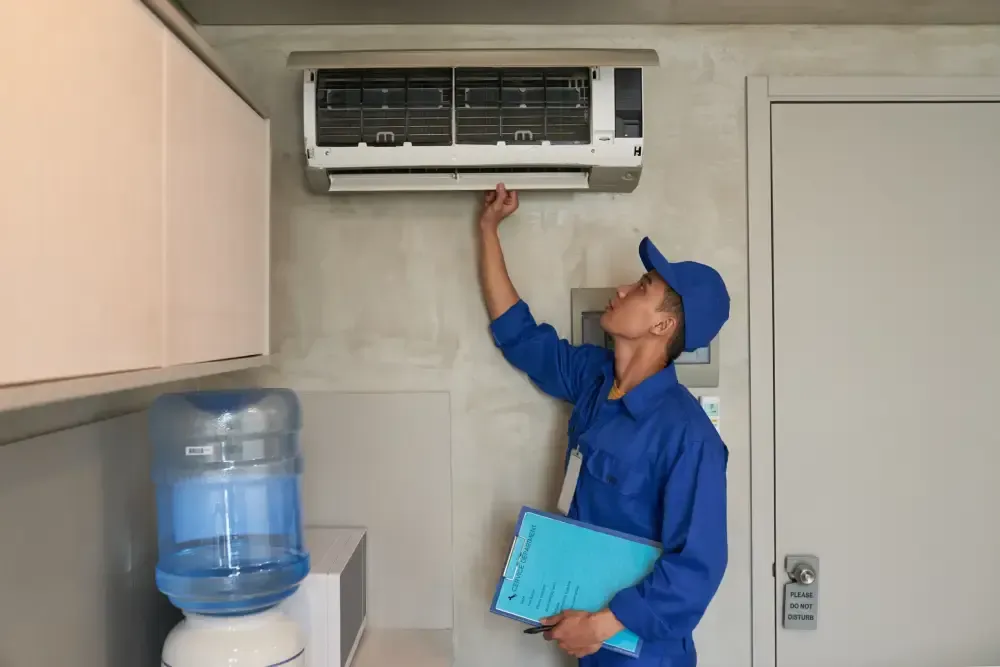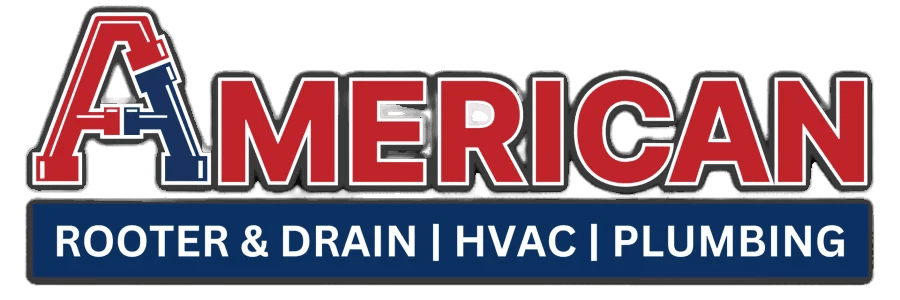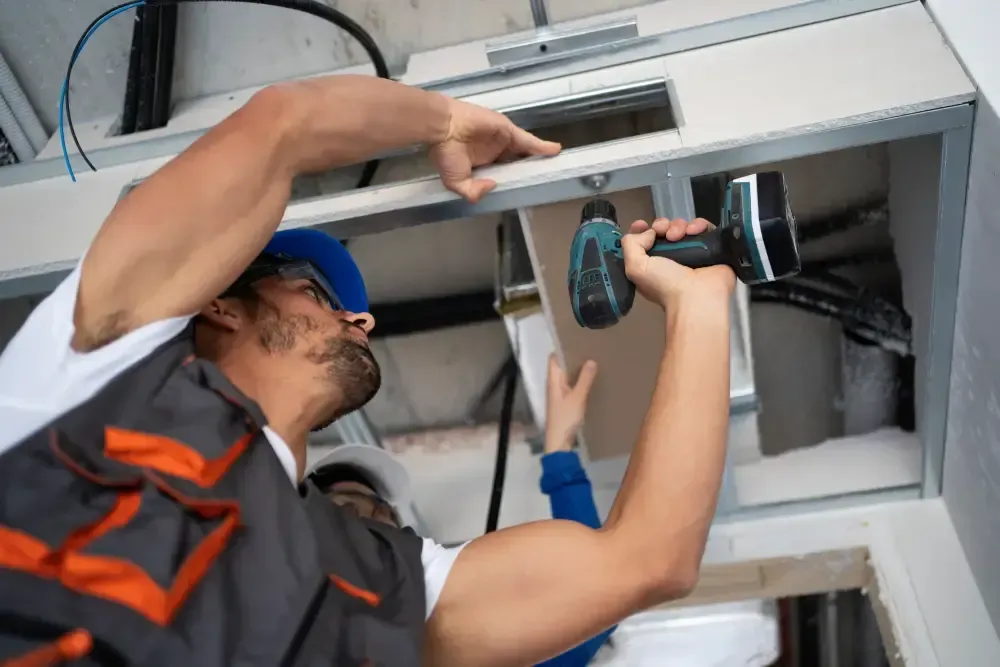Winterizing Your Plumbing System: Protect Your Pipes from Freezing
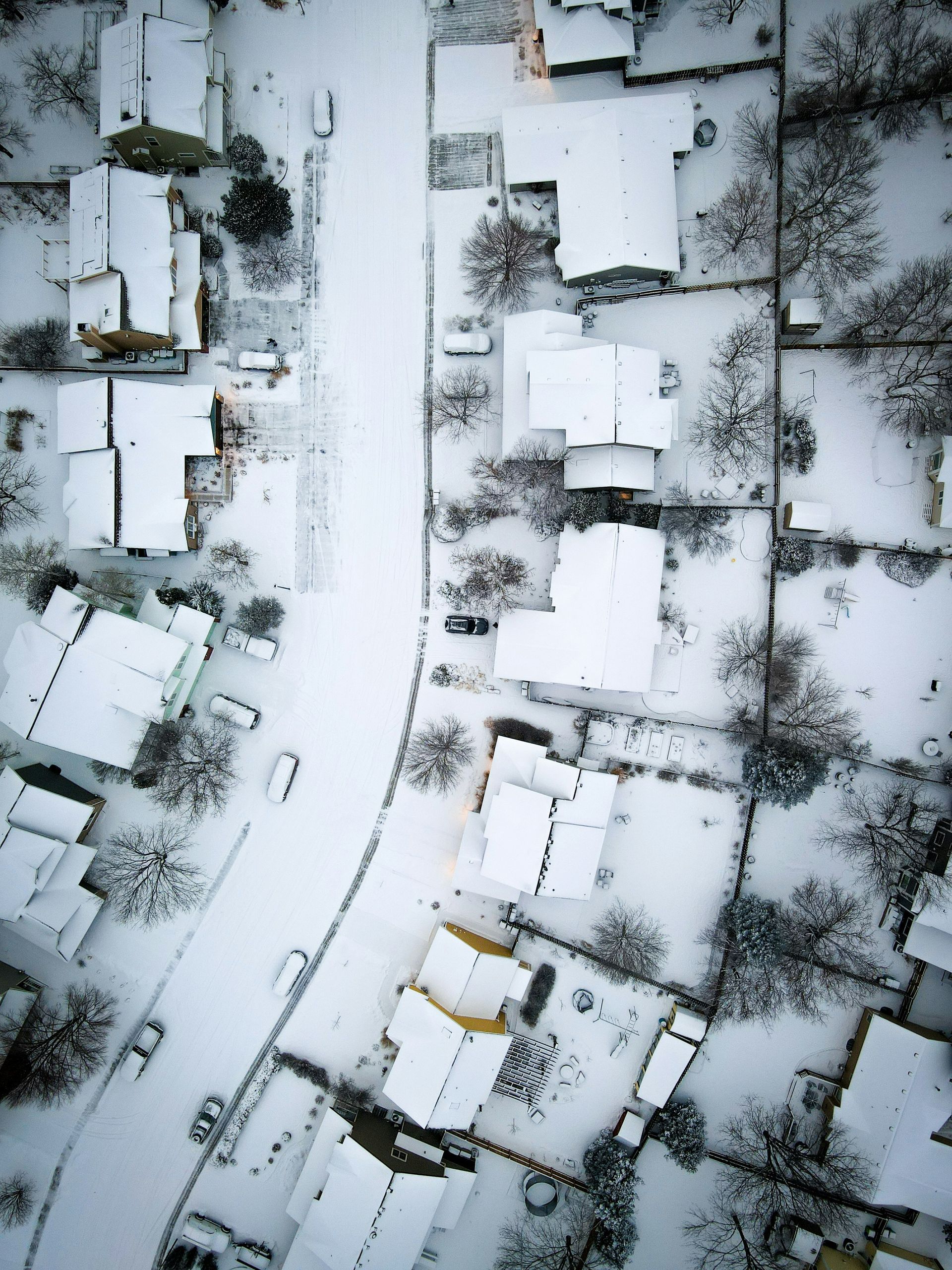
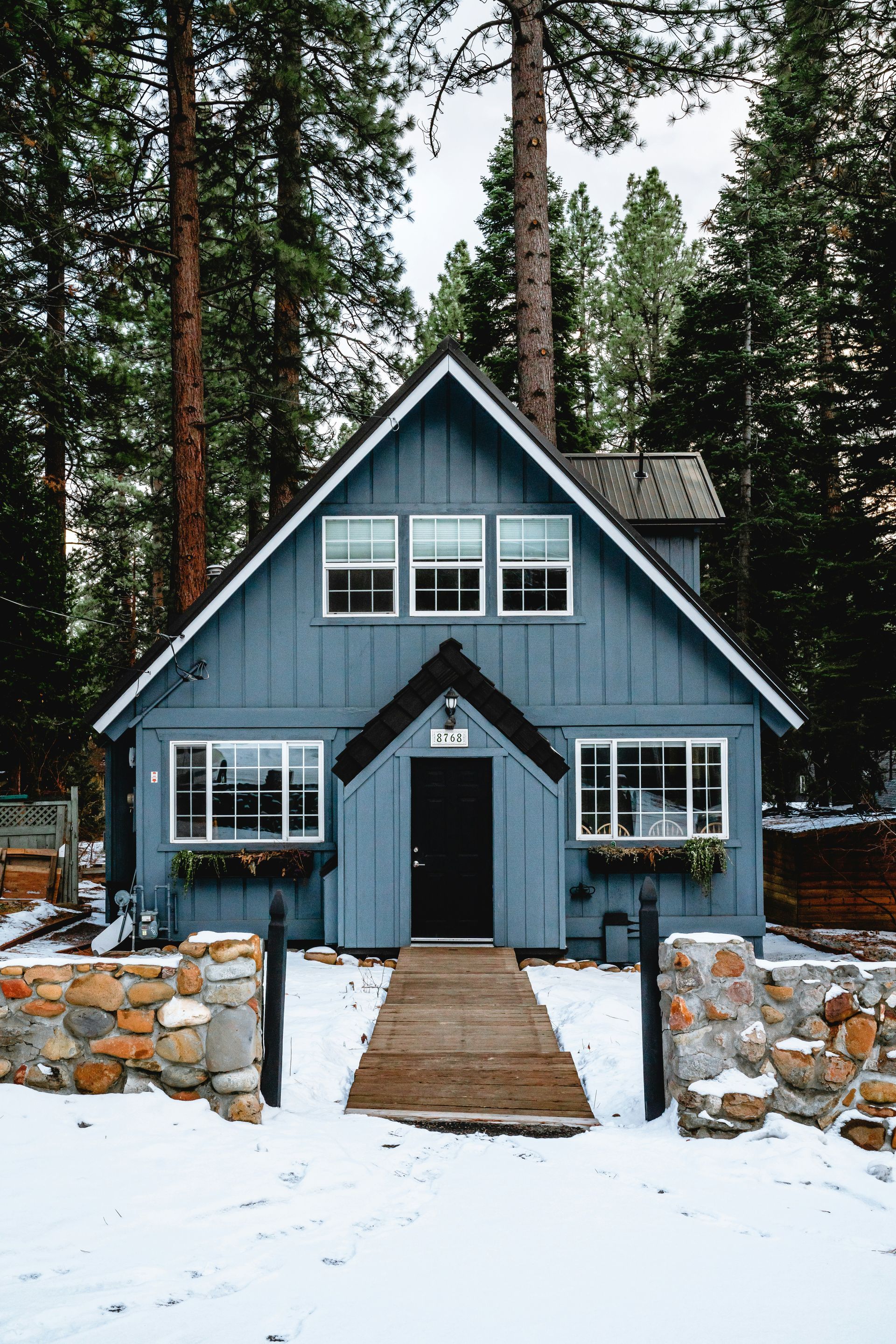
What Steps Should I Take to Winterize My Plumbing System?
As the winter season approaches and temperatures begin to drop, it becomes crucial to winterize your plumbing system. Proper winterization not only helps prevent frozen pipes but also safeguards your home’s plumbing from potential damage caused by freezing temperatures. This guide will walk you through essential steps to prepare your plumbing, focusing on insulation, identifying vulnerable areas, and knowing when to call a professional plumber.
How to Insulate Exposed Pipes?
Insulating exposed pipes is one of the most effective ways to protect your plumbing from freezing. Start by identifying all the areas in your home where pipes are exposed, particularly those located in unheated areas such as basements, crawl spaces, and exterior walls. Use foam pipe insulation, which is easy to install, or wrap the pipes with insulation tape. Ensure that you cover every inch of the exposed pipe to provide a barrier against the cold. Additionally, consider allowing warm air to circulate around the pipes by opening cabinet doors, especially those under sinks, to further help prevent freezing.
What Are the Best Materials for Insulating Pipes?
When it comes to insulating your plumbing, choosing the right materials is essential for effective protection. Foam sleeves or fiberglass insulation are popular choices for their excellent thermal resistance. Heat tape is another option that can be applied directly to the pipes, providing electrical heating that prevents freezing. Remember to select insulation materials that are appropriate for the specific pipes you are working with, as improper materials can lead to issues. Always ensure that the insulation fits snugly around the pipes to maximize its effectiveness in preventing frozen pipes throughout the winter months.
Why Is Winter Plumbing Preparation Important?
Winter plumbing preparation is vital for several reasons. First and foremost, frozen pipes can lead to a burst pipe, causing significant water damage to your home and resulting in costly repairs. The expansion of water when it freezes creates pressure within the pipes, which can easily lead to leaks if the pipes are not properly insulated. Additionally, preparing your plumbing for winter ensures that your water supply remains uninterrupted during the cold season. By taking proactive steps to winterize your plumbing system, you gain peace of mind knowing that your home is protected against the harsh effects of winter weather.
How Can I Prevent Frozen Pipes During Winter?
What Are Common Signs of Frozen Pipes?
Being able to identify the common signs of frozen pipes can help you take action before any major plumbing issues arise. One of the first indicators is a decrease in water flow from faucets. If you notice that water is trickling instead of flowing freely, it may mean that the pipe is partially frozen. Additionally, listen for unusual sounds, such as banging or clanking noises in your plumbing system, which can signify expanding ice within the pipes. If you suspect that pipes freeze, it is crucial to address the issue immediately to prevent a burst pipe situation.
How to Identify Vulnerable Areas in My Plumbing System?
Identifying vulnerable areas in your plumbing system is essential for effective winterization. Start by inspecting areas that are prone to freezing, such as exterior walls and unheated spaces like attics and crawl spaces. Often, plumbing that runs along exterior walls is at a higher risk due to exposure to cold air. Furthermore, don’t forget to check the valves and fittings, which can also be susceptible to freezing. By carefully examining these areas, you can target your winterizing efforts and ensure that all vulnerable pipes are adequately insulated to prevent frozen pipes.
Do I Need to Use Heat Tape on My Pipes?
Using heat tape on your pipes can be a highly effective measure when winterizing your plumbing system. Heat tape provides direct heat to the pipes, preventing them from freezing even in the coldest conditions. This is particularly useful for pipes in unheated areas or those that are exposed to extreme cold. However, it’s essential to follow the manufacturer’s instructions when applying heat tape, as improper installation can lead to fire hazards. For maximum effectiveness, combine heat tape with insulation to protect your plumbing system from freezing temperatures.
What Should I Do with Outdoor Faucets and Hoses?
How to Properly Drain and Store Hoses?
Properly draining and storing hoses is an important step in winterizing your plumbing system. Begin by disconnecting hoses from outdoor faucets and draining any remaining water to prevent freezing. After draining, store hoses in a dry, sheltered location to keep them safe from the elements. This helps ensure that your hoses remain intact and functional for future use. Additionally, you can use a hose reel or bucket to keep them organized and prevent kinks that could damage the hose material.
Should I Disconnect My Hose Bibs from the Plumbing System?
Yes, disconnecting hose bibs from the plumbing system is a crucial step in protecting your plumbing from freezing. By removing the hoses and draining the faucet, you reduce the risk of water freezing inside the hose bib and causing a burst pipe. After disconnecting, it’s advisable to use insulated covers or faucet socks designed to fit over outdoor faucets to provide additional protection against freezing temperatures. This simple action can significantly reduce the risk of plumbing issues during the winter months.
